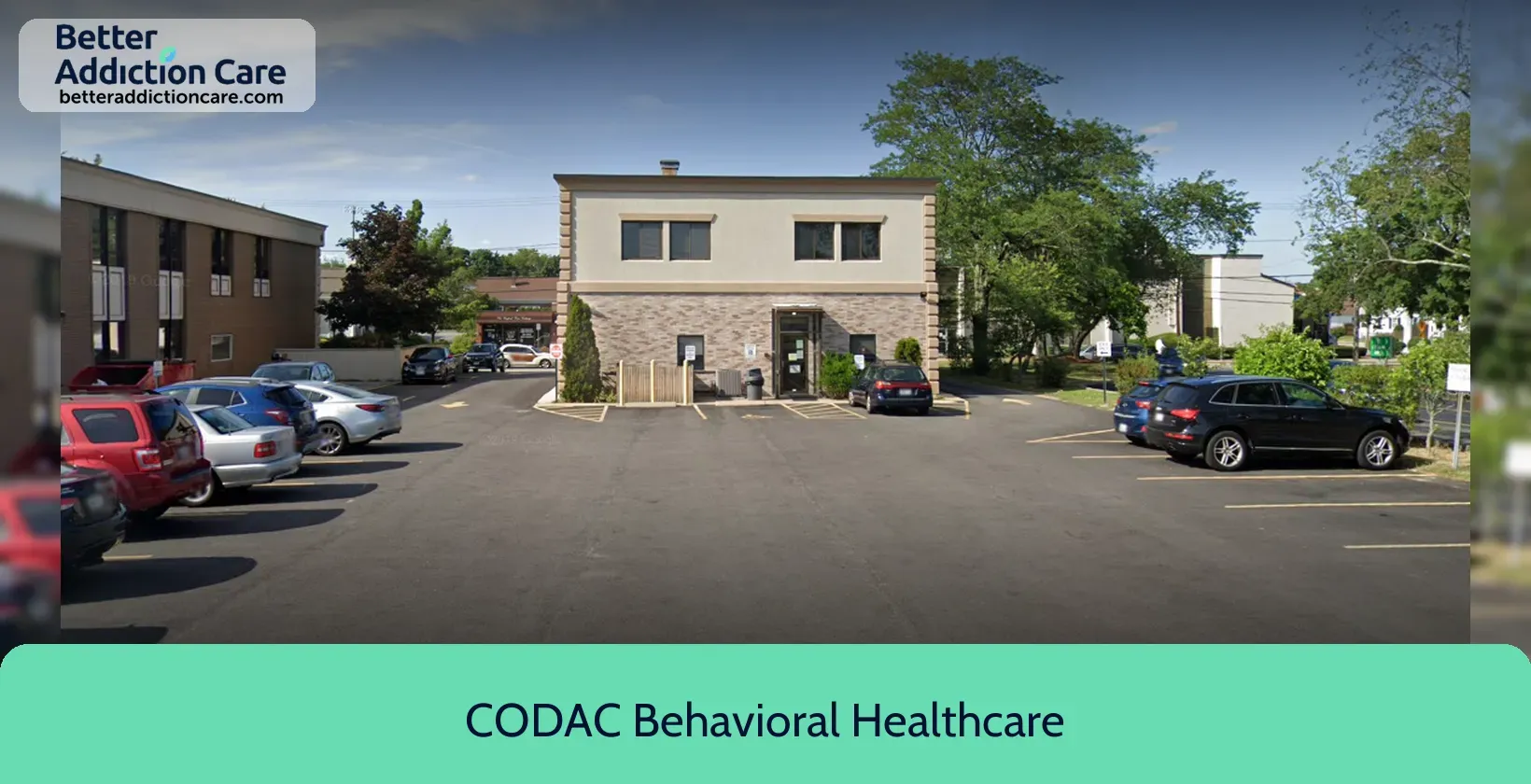Fellowship Health Resources

Overview
Fellowship Health Resources is a mental health treatment center for people seeking treatment near Providence County. As part of their treatment modalities for recovery, Fellowship Health Resources provides individual psychotherapy, cognitive behavioral therapy, and dialectical behavior therapy during treatment. Fellowship Health Resources is located in Cranston, Rhode Island, accepting cash or self-payment for treatment.
Fellowship Health Resources at a Glance
Payment Options
- Cash or self-payment
- Medicaid
- Medicare
- State-financed health insurance plan other than Medicaid
- Private health insurance
Assessments
- Screening for tobacco use
- Comprehensive mental health assessment
- Comprehensive substance use assessment
- Outreach to persons in the community
- Screening for mental disorders
Age Groups
- Seniors or older adults
- Young adults
- Adults
- Seniors
Ancillary Services
- Assertive community treatment
- Case management service
- Court-ordered outpatient treatment
- Diet and exercise counseling
- Education services
Highlights About Fellowship Health Resources
6.94/10
With an overall rating of 6.94/10, this facility has the following balanced range of services. Alcohol Rehabilitation: 8.00/10, Treatment Options: 7.46/10, Drug Rehab and Detox: 6.31/10, Insurance and Payments: 6.00/10.-
Alcohol Rehabilitation 8.00
-
Treatment Options 7.46
-
Drug Rehab and Detox 6.31
-
Insurance and Payments 6.00
Accreditations
State mental health department:
State mental health department accreditation refers to the process of evaluating and certifying the quality and standards of a state's mental health department, ensuring that it provides high-quality services and meets specific criteria for mental health care. The accreditation process is performed by a third-party organization and helps to improve the overall care and treatment of individuals with mental health conditions.
Commission on Accreditation of Rehabilitation Facilities (CARF):

CARF accreditation is a globally recognized certification for rehabilitation and human service organizations. It signifies that an organization meets high-quality standards and is committed to providing top-level care. Achieving CARF accreditation involves a rigorous evaluation process, including on-site surveys. This accreditation enhances an organization's reputation, instills trust in clients and funders, and encourages ongoing excellence in the field.
Treatment At Fellowship Health Resources
Treatment Conditions
- Alcoholism
- Mental health treatment
- Substance use treatment
- Co-occurring Disorders
Care Levels
- Outpatient
- Regular outpatient treatment
Treatment Modalities
- Individual psychotherapy
- Cognitive behavioral therapy
- Dialectical behavior therapy
- Integrated Mental and Substance Use Disorder treatment
- Activity therapy
Ancillary Services
Languages
- Sign language services for the deaf and hard of hearing
Additional Services
- Pharmacotherapies administered during treatment
- Mentoring/peer support
- Drug or alcohol urine screening
Special Programs
- Clients with co-occurring mental and substance use disorders
- Veterans
- Pregnant/postpartum women
- Clients who have experienced trauma
- Clients who have experienced sexual abuse
Get Help Now
Common Questions About Fellowship Health Resources
Contact Information
Other Facilities in Cranston

6.94

6.90

7.71
Browse rehab centers near Cranston and in other cities across Rhode Island
DISCLAIMER: The facility name, logo and brand are the property and registered trademarks of CODAC Behavioral Healthcare, and are being used for identification and informational purposes only. Use of these names, logos and brands shall not imply endorsement. BetterAddictionCare.com is not affiliated with or sponsored by CODAC Behavioral Healthcare.
